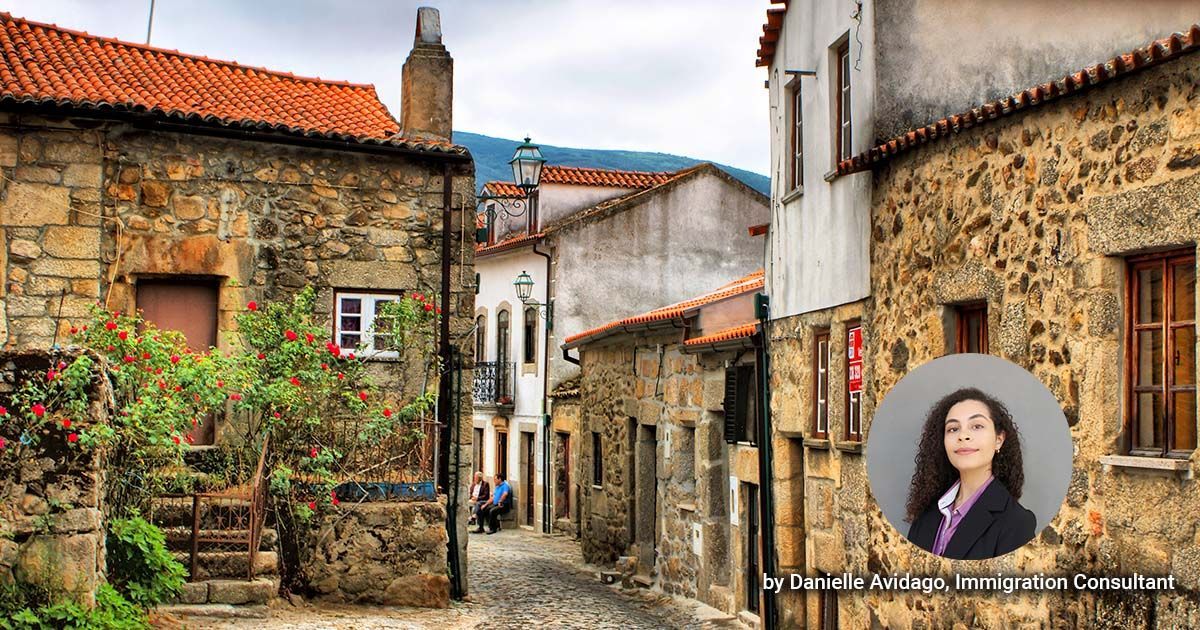A Visa for the 21st Century: The Digital Nomad Visa
It is official: Portugal has a Digital Nomad Visa! Foreign citizens can now enjoy the sun, the beaches, and the amazing historical and natural vistas of Portugal while working remotely, running a business, or simply staying to appreciate and travel around this beautiful country.
While the concept of working remotely was not completely unknown before the recent COVID-19 pandemic, it is also true that there was a paradigm shift due to the mandatory confinements. The more traditional way of looking at work as something to be conducted in an office has given way, in many cases, to entirely or partially remote workplaces. A Digital Nomad is an individual with a job that is 100% remote and, due to the greater flexibility of this format, can move frequently from country to country and live in different places while working.
Portugal is considered an excellent choice for Digital Nomads because it is one the safest countries in the world, has beautiful landscapes, and one of the cheapest living costs in Western Europe. The Portuguese Digital Nomad Visa, which came into effect on October 30, 2022, allows individuals to live and work in the country.
There are two different types of Digital Nomad Visas, depending on how long you wish to stay in Portugal.
1. Temporary Stay Visa for Digital Nomads
If a Digital Nomad intends to stay for a brief period in Portugal, the Temporary Stay Visa is ideal as it is valid until one year and allows an individual to work as a self-employed freelancer or online business owner. This Temporary Stay Visa for Digital Nomads must be applied for at the Portuguese Consulate that serves the applicant´s current region of legal residence.
2. Residence Visa + Residence Permit for Digital Nomads
In case the Digital Nomad intends to live in Portugal for a longer period (more than one year), the Residence Permit for Digital Nomads would be the perfect solution. The application for this Residence Permit must be preceded by a special Residence Visa for Digital Nomads, applied for by the main applicant at a Portuguese Consulate serving the applicant’s current region of legal residence. This visa allows for a maximum of two entries and a stay of up to 4 months in the country. The visa also allows for the issue of residence permits for the applicant’s immediate family members under "family reunification" rules, with no need to apply for the special visa that is usually required (i.e. they may enter Portugal as tourists). Once in Portugal, the applicant will have to apply for the Residence Permit for Digital Nomads.
For both Visas (Temporary Stay Visa and Residence Visa), the applicant must submit documents attesting their average monthly income over the last three months, to a minimum amount equal to four minimum wages, a contract of employment or, for freelancers, a document that proves that they are self-employed service providers, plus a document detailing the applicant’s tax residence.
One of the most attractive aspects of moving to Portugal with these Visas is that, after 5 years living in the country, one can apply for Portuguese Citizenship. Once a resident in Portugal, Digital Nomads can benefit from the Non-Habitual Resident Tax Regime.
If you have further questions regarding this matter, get in touch with us and she will be delighted to assist you.











